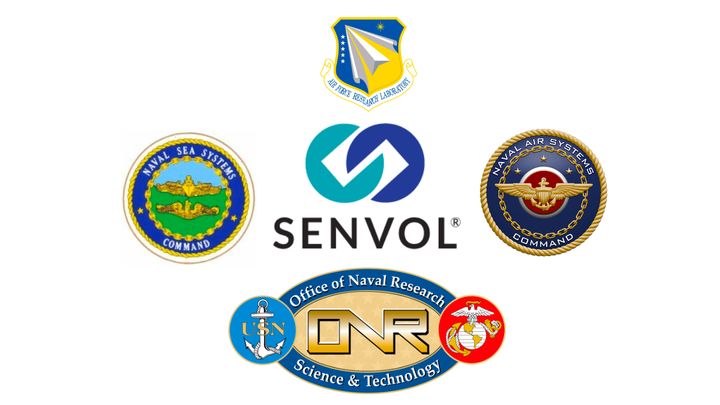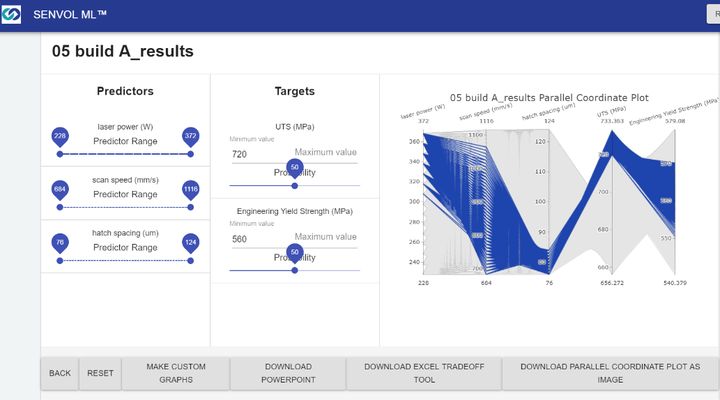
Senvol announced new investment coming from the US military.
The New York-based additive manufacturing analysis company said they are to receive an unspecified amount of investment from these parties:
- Air Force Research Laboratory (AFRL)
- Naval Air Systems Command (NAVAIR)
- Naval Sea Systems Command (NAVSEA)
- Office of Naval Research (ORN)
I once visited ORN and can say these are definitely serious folks with plans to develop all kinds of rather interesting items. More than likely the other investors are of a similar nature.
The development of new systems very often needs unique materials and designs to overcome the often highly stressful environments these systems could operate within. That they are partnering with Senvol is thus no surprise.

Senvol, if you’re not familiar, provides a machine learning system called Senvol ML that can rapidly evaluate the data obtained from AM operations. The idea is to use this analysis capability in different ways, one of which would be to quickly dial-in the optimal 3D print parameters for a given configuration of machine and material.
Senvol can also predict the material properties of given AM configurations, and I suspect this might be of the most interest to the defense organizations: they can “desk test” unusual configurations before committing to the expense of actually printing them in real life.
Senvol President Annie Wang said:
“We are very excited about the continued support from several of our Department of Defense partners. Our collective objective is to enable organizations to quickly characterize or qualify additive manufacturing materials and processes. The new capabilities that we are developing are quite compelling and will augment the Senvol ML software’s existing suite of capabilities.”
In the past Senvol has received funding from these and other defense organizations.
We don’t and cannot know what projects these defense organizations might be building using Senvol ML, but you can be sure that they are pushing the envelope of possibilities.
This is an interesting point: if these organizations are looking for an advantage through advanced analysis of materials and processes, why aren’t more commercial entities doing the same? While commercial companies are not typically in the business of warfare, many do produce products that must operate efficiently in unusual and stressful environments. They may be able to gain a competitive advantage if there were to make use of Senvol ML, just as the defense organizations have done.
It works for them, clearly, as they’ve come back with even more cash for Senvol. It could work for you, too.
Via Senvol
